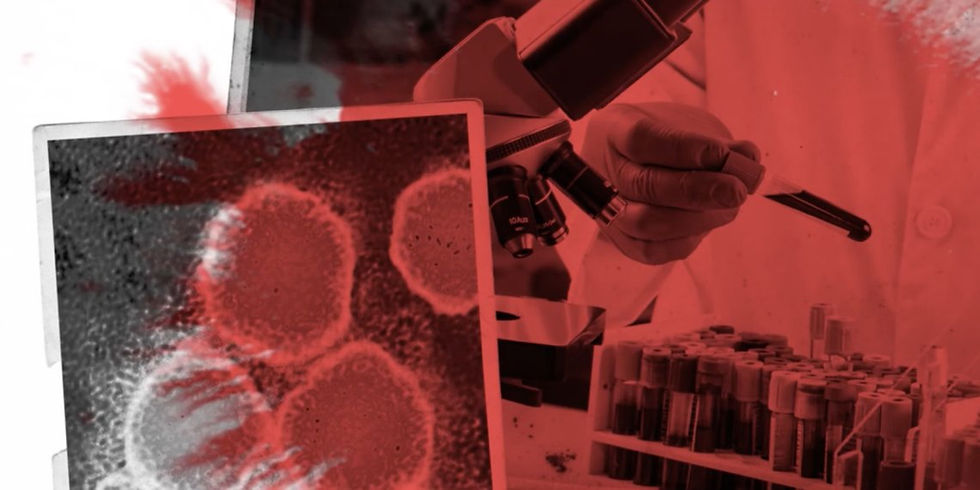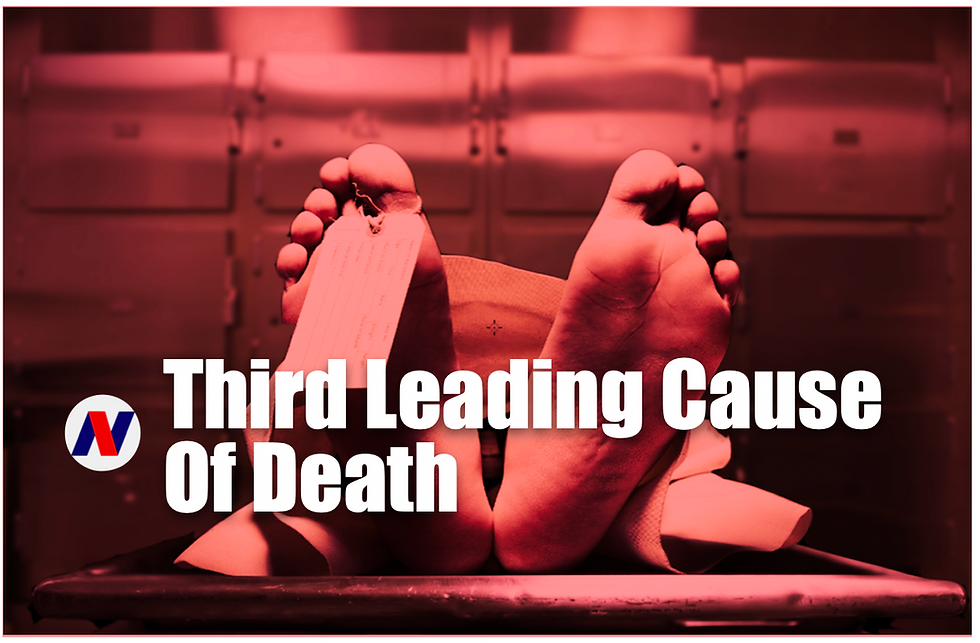The pharmaceutical industry thrives on keeping us sick or fearful of getting sick.
Pharmaceutical companies have long held a stranglehold over public health, presenting themselves as saviours while, in reality, leaving us perpetually reliant on their drugs. With over 250,000 medications on the market today, it is astonishing to realise that none of them have ever cured anything. Aside from penicillin—discovered in the early 20th century—there’s not a single medication that has truly eradicated the illness it was meant to target.
This is not just a massive coincidence; it’s on purpose. The entire drugs industry operates for Profit, and the biggest profits are had with repeat business. A patient cured is a customer lost.
For more than a century, these companies have pushed countless pills, potions, and lotions for every conceivable disease. Yet, we remain in the same cycle of sickness. People are diagnosed, they take their prescribed medication, and continue taking it for life. What’s the reason? Simply put, pharmaceutical companies don't want to cure diseases—they want to treat symptoms and keep us coming back for more.
The "preventative" medicine scam.
Take statins, for example—a staple of "preventative" medicine. These are prescribed to people who don't even have a disease yet, but might develop one in the future. Here lies the industry's genius: they're selling you a solution to a problem you don’t even have. They convince you that by taking their drugs, you're preventing future illness. Yet, if you eventually suffer a heart attack after 30 years of taking statins, the narrative isn't that the drug failed—it’s that you didn’t take enough. If, on the other hand, you don’t develop heart disease, the drug gets the credit. It’s a no-lose situation for the pharmaceutical companies. Whether you live or die, the drug is considered a success.
Imagine if another industry operated with such appalling results. If a car manufacturer designed vehicles that never worked as intended, or a tech company sold phones that consistently failed, they wouldn’t survive in the market. Yet, drug companies thrive despite their abysmal track record. We've been deceived into thinking that relieving symptoms, often temporarily, is a form of treatment. More often than not, the "benefit" of these drugs can be attributed to the placebo effect or the body healing itself, with the medication simply taking credit for nature's work.
This circular logic ensures that no blame can ever be laid at the feet of these drug manufacturers. They're masters of marketing. If your prescribed medication doesn't work, the answer is simple: increase the dosage. How often have you heard that? You're put on medication to alleviate or prevent something, and when it doesn’t work, the solution is always to take more. Doesn't this sound suspiciously close to insanity?
Making money from keeping us sick
The pharmaceutical industry thrives on keeping us sick or fearful of getting sick. They don't want cures—they want lifelong customers. It’s not about eradicating disease but managing it. After all, a cured patient is no longer a customer. Instead, they've moved into "preventative" medicine, treating diseases you don't have but may or may not get. And if you question this system, you're met with baffling medical jargon or told you simply don’t understand how complex it all is.
In a world where we expect results from every other industry, it’s baffling that we've accepted such mediocrity from Big Pharma. It's time we asked the tough questions: Why aren’t these companies curing anything? And more importantly, when will they start?





Comments